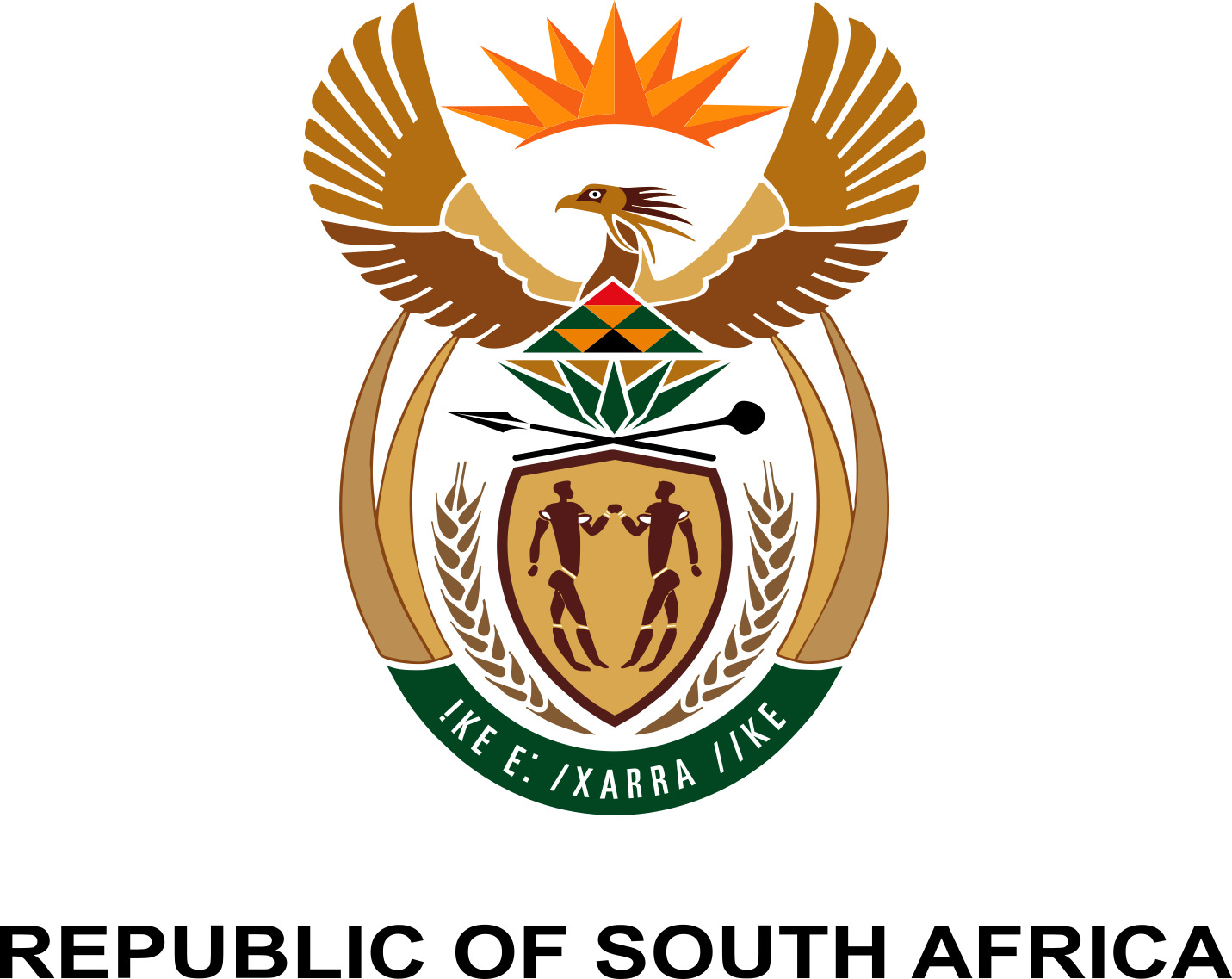Ensuring Food Safety and Occupational Health and Safety in Schools
In South Africa, food safety and occupational health are critical concerns that directly impact the wellbeing of our communities, especially our children. The Department of Basic Education has recently expressed grave concern over increasing reports of food poisoning incidents among school-going learners, with some cases tragically resulting in fatalities. This pressing issue requires immediate attention from all stakeholders, including schools, businesses, and community members.
Recent Food Health and Safety Concerns in Schools
According to the Department of Basic Education 's October 2024 press release, there has been an alarming increase in food poisoning cases affecting school-age children. These incidents have significantly disrupted teaching and learning, as valuable school time has been diverted to providing affected learners with medical attention. The Department of Basic Education notes that these cases have primarily been linked to food items purchased from informal vendors and spaza shops near schools, rather than the National School Nutrition Programme.
The NSNP continues to successfully provide nutritious meals to 9.7 million learners on school days, with a substantial budget of R9.8 billion allocated for the 2024/25 financial year. This programme forms a key pillar of Care & Support for Teaching and Learning, addressing hunger, malnutrition, and micronutrient deficiencies in line with the National Development Plan 2030.
Read the full press release form The Department of Basic Education by clicking the link below:
Pressed for time? Rather listen to a podcast dealing with the Press Release by clicking on the image below:
Essential Food Safety Practices
The Department of Basic Education emphasises five fundamental hygiene practices that all food handlers must follow:
- Keep Clean: Maintain strict hygiene standards in food preparation areas
- Separate Raw and Cooked Food: Prevent cross-contamination between different food types
- Cook Thoroughly: Ensure all food reaches safe cooking temperatures
- Keep Food at Safe Temperatures: Maintain proper storage conditions
- Use Safe Water and Raw Materials: Source ingredients from reliable suppliers
Community Response and Responsibilities
The Department of Basic Education has outlined several key actions for school communities:
- School Governing Bodies and School Management Teams must take an active role in ensuring healthy food options within school premises
- Schools should maintain a database of food vendors operating near school grounds
- School communities must engage with tuck shop operators regarding nutritional value of products
- Parents and guardians should actively monitor their children's food sources
- Any suspected poisoning cases should be reported to the municipality and the South African Consumer Goods and Services Ombudsman (0800 029 999)
Navigating Occupational Health and Safety Regulations
For businesses involved in food preparation, compliance with health and safety regulations is paramount. Here's how to obtain a Certificate of Acceptability:
Research Requirements: Understand local health and safety regulations
Prepare Premises: Ensure compliance with hygiene standards
Complete Documentation: Submit necessary forms to your local municipality
Arrange Inspection: Prepare for health authority assessment
Display Certificate: Once approved, prominently show your certification
SafetyWallet's Expert Support Services
SafetyWallet offers comprehensive support for organisations seeking to maintain high health and safety standards:
- Expert guidance on health and safety legislation compliance
- Risk assessment assistance
- Policy development support
- Training programmes
- On-site consulting services
- Incident management systems
- Resource access for subscribers
- Health and Safety Committee support
- Ongoing expert consultation
Moving Forward Together
The recent incidents of food poisoning in our schools serve as a stark reminder of the importance of proper food safety measures. While the National School Nutrition Programme continues to provide safe, nutritious meals to millions of learners daily, we must address the challenges posed by informal food vendors and ensure all food sources around schools maintain proper safety standards.
By working together—schools, businesses, parents, and community members—we can create safer environments for our children and protect the wellbeing of all South Africans.
Take Action Today
For more information on how SafetyWallet can assist your organisation with health and safety compliance, see below contact our support team. Together, we can build a safer future for everyone in our community.
Recognising the importance of safety in every aspect of the organisation is crucial. Safety is not just a compliance issue; it is a core value that impacts everyone. Reflecting on the processes in place is equally important. Are Safety Audits, Compliance Audits, and Risk Assessments being conducted effectively? Are they aligned with the SafetyWallet Triple P System? Taking action to improve safety practices is essential. Engaging with SafetyWallet’s rewards programmes can help recognise and incentivise safe behaviours, fostering a culture of continuous improvement.
Join us at SafetyWallet and take the first step towards cultivating your own Garden of Safety. Subscribe today to access our comprehensive resources and support, and let’s work together to create a workplace where safety is everyone's responsibility.
Have questions? Engage with us through the chat box on your screen—we're here to guide you toward a safer, more compliant future.
To find out what other Additional Services we offer, please click on the picture below:
SAFETYWALLET In Co-operation with MAKROSAFE and MY SAFETY SHOP
Disclaimer:
Walli can make mistakes. Consider checking important information and please speak to SafetyWallet's support team, should you be in doubt. Please also see: https://www.safetywallet.co.za/termsandconditions



Leave a comment